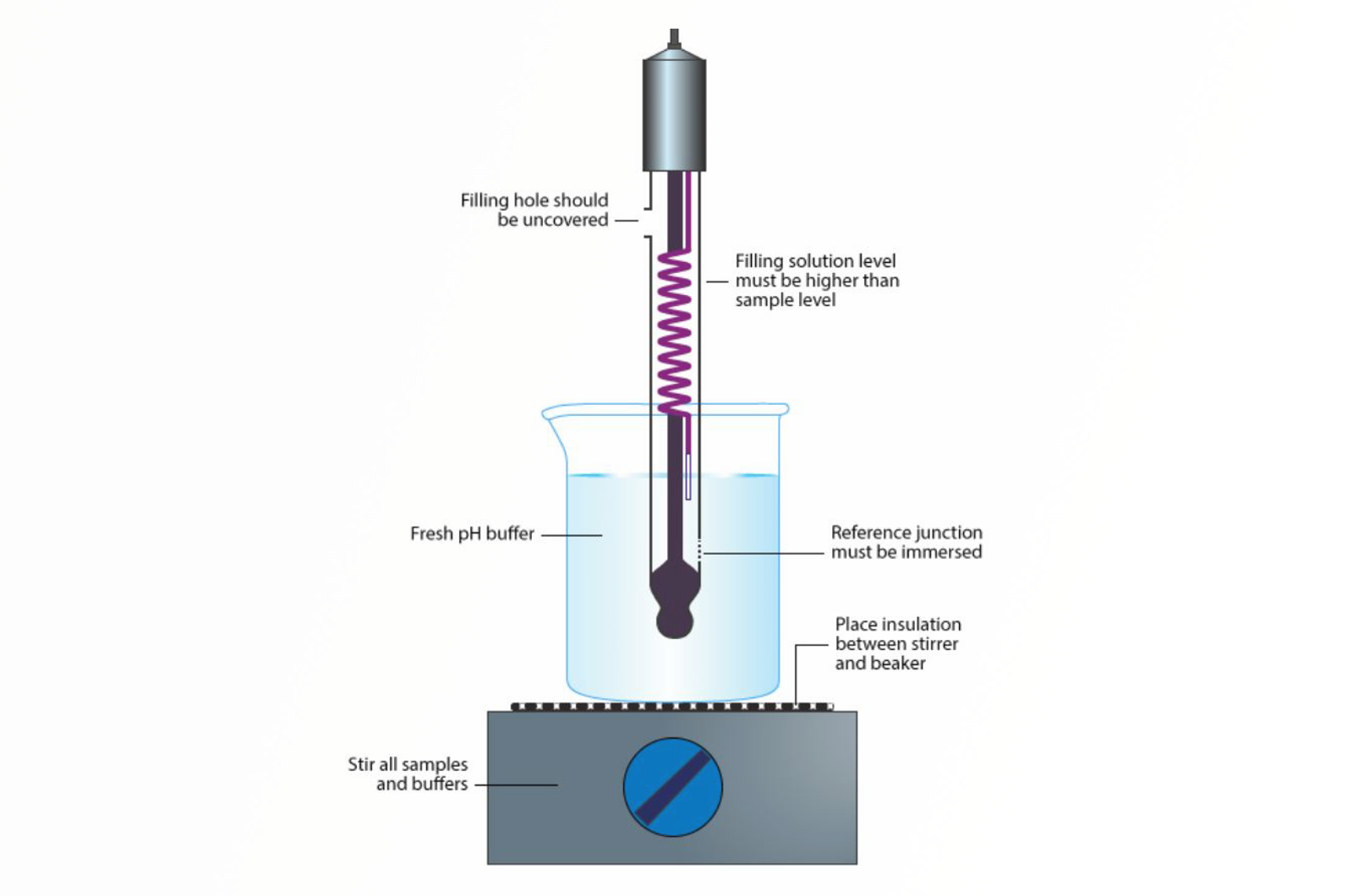Mobile Phase Issues
This learning path on HPLC mobile phase issues covers solvent selection, pH control, buffer preparation, and contamination prevention. It includes troubleshooting phase instability, microbial growth, precipitation, and ghost peaks. Practical strategies focus on degassing, filtration, proper storage, and batch consistency to ensure reliable, reproducible chromatographic performance.
2 Modules 4 Webcasts 4 Quick Guides
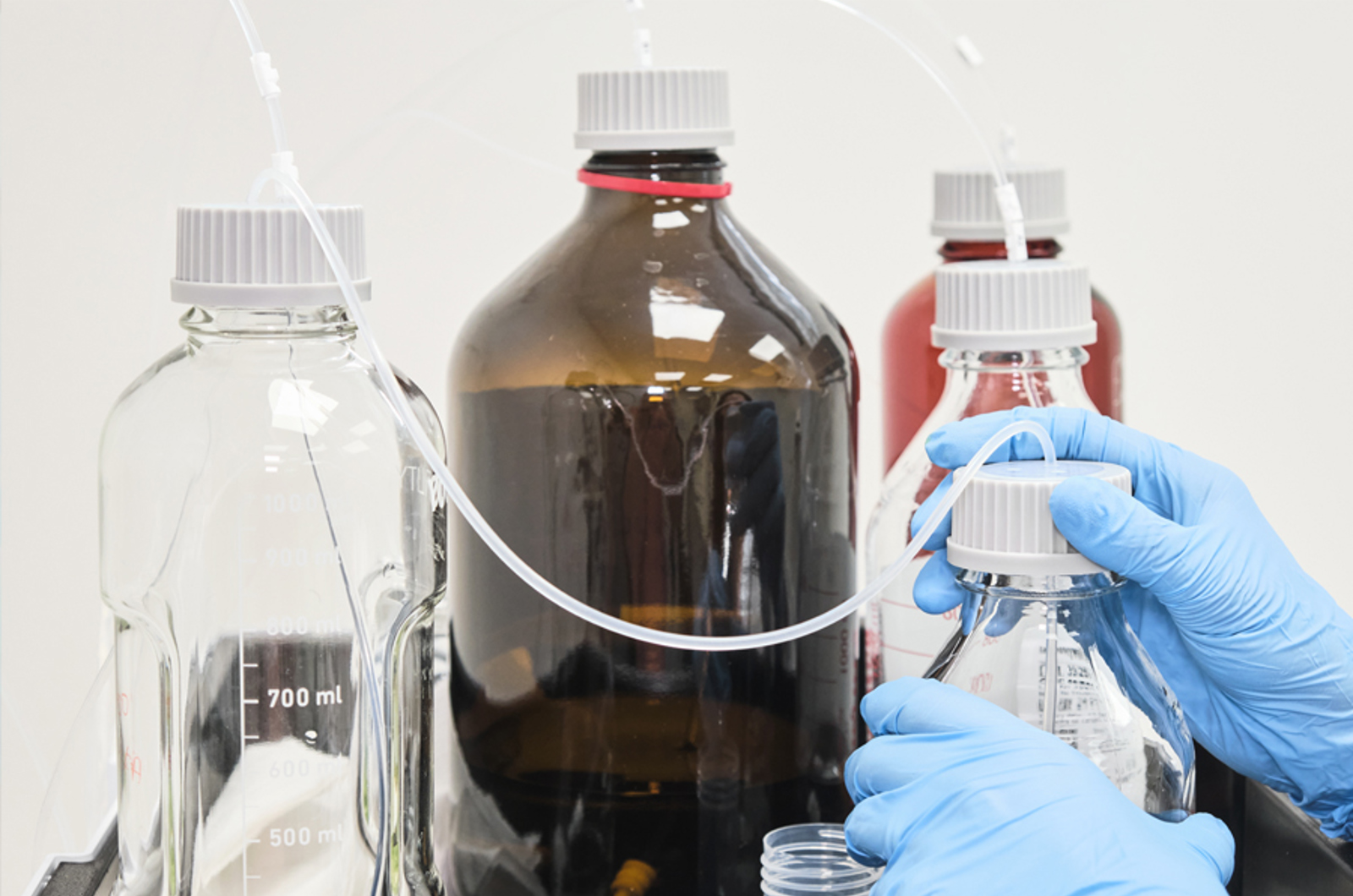
10 Items

Troubleshooting HPLC Mobile Phase Issues
The HPLC mobile phase impacts retention and selectivity of analytes, therefore, mistakes in designing and preparing mobile phases will lead to considerable problems. Let us teach you which areas of mobile phase preparation and design are most likely to result in method errors, ensuring you have the tools to recognize problems before they occur.
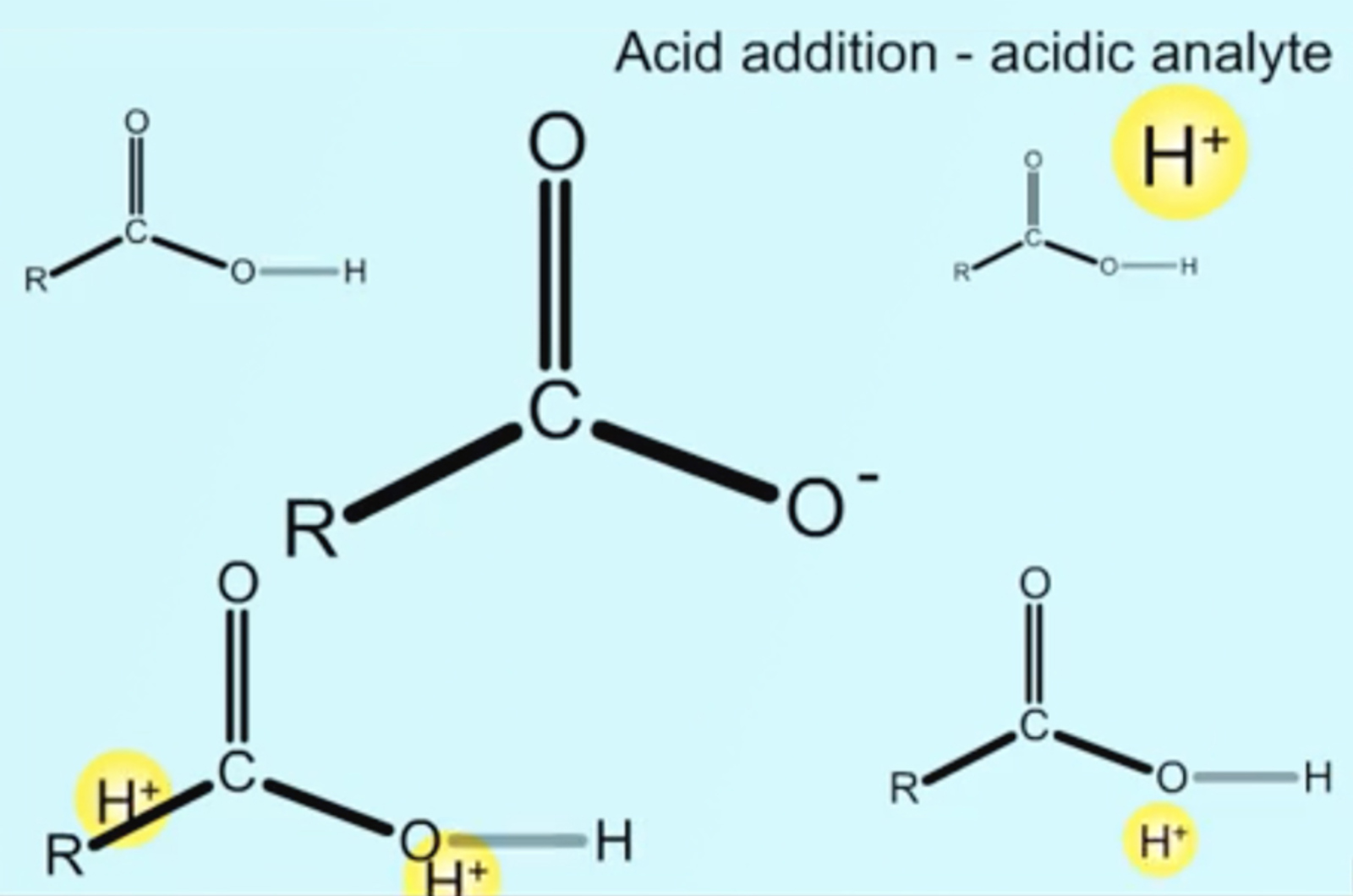
HPLC - Controlling Ionization
In reversed phase HPLC ionizable analytes present their own particular separation challenges and opportunities. When working with ionizable analytes, it is important to consider the pH of the mobile phase to optimize separation, that is to alter and optimize retention, selectivity, and efficiency. This short video will consider how analyte ionization state can be manipulated to achieve the required chromatographic separation, and which method parameters are used to do this.
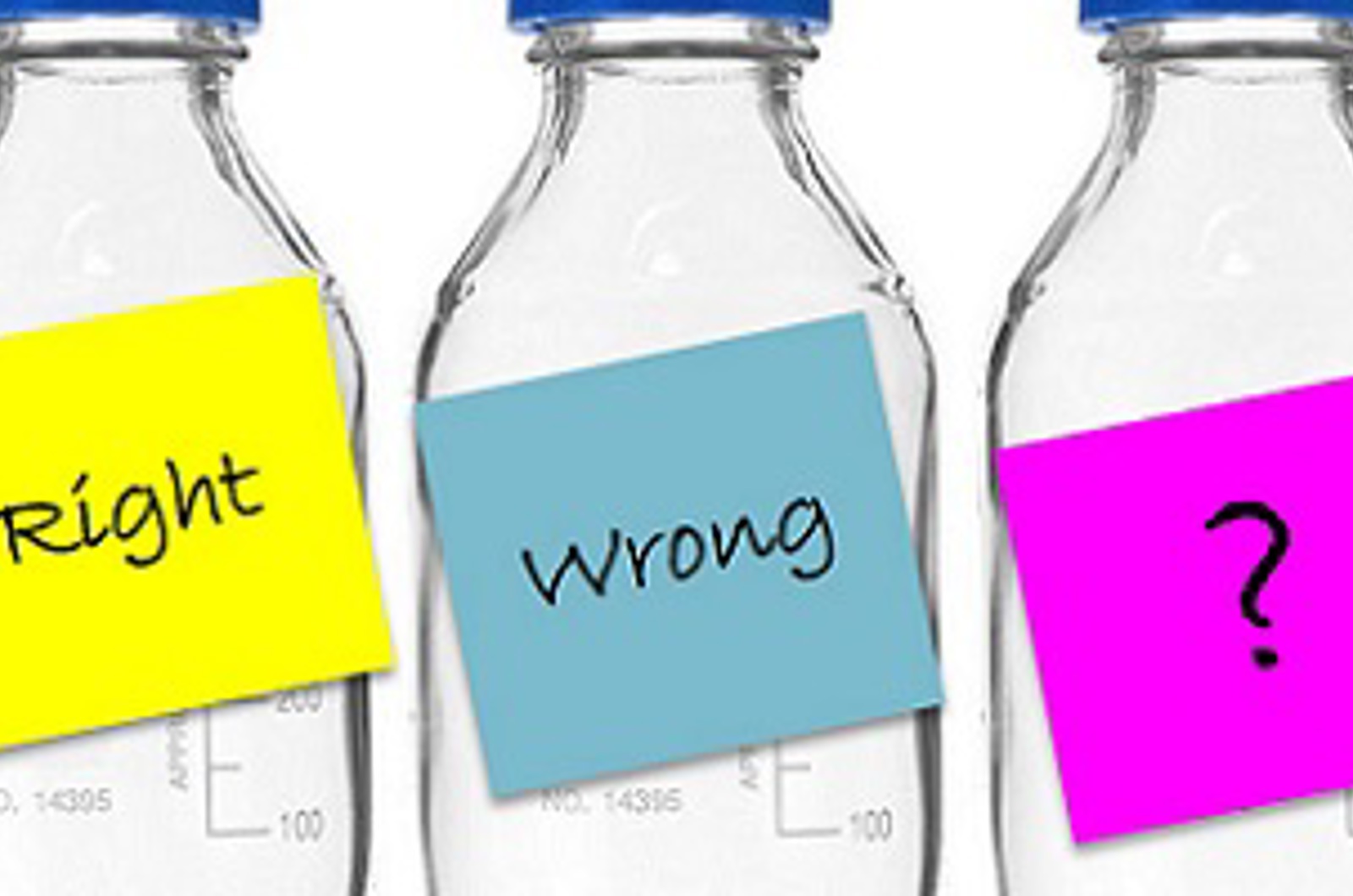
The Rights and Wrongs of Mobile Phase Preparation
Mobile phase preparation - what could possibly go wrong? Let us walk you through a typical mobile phase preparation process highlighting how to avoid common pitfalls such as contamination from glassware or mixing organic and aqueous in the incorrect order. After watching this webcast there will be much more right than wrong with your mobile phase preparation.
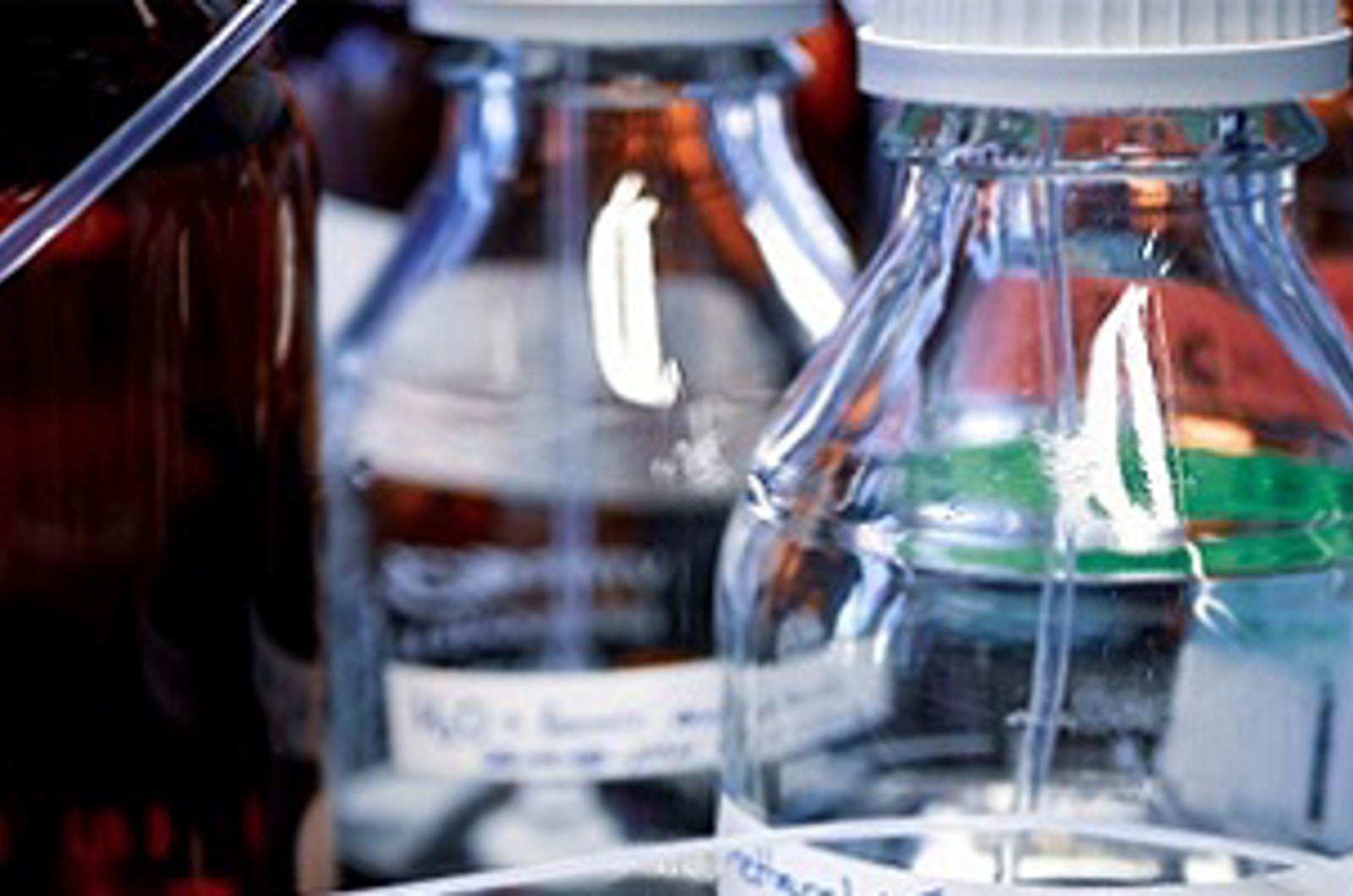
The Rights and Wrongs of Mobile Phase Preparation Q&A
This Q&A session, based on the questions submitted in one of our most attended webcasts, will make you think about mobile phase preparation in a whole new way! Everything from how cleaning our glassware can impact analyses, to how to avoid or minimize contamination, what the best practices are for filtering mobile phases - and lots in between.
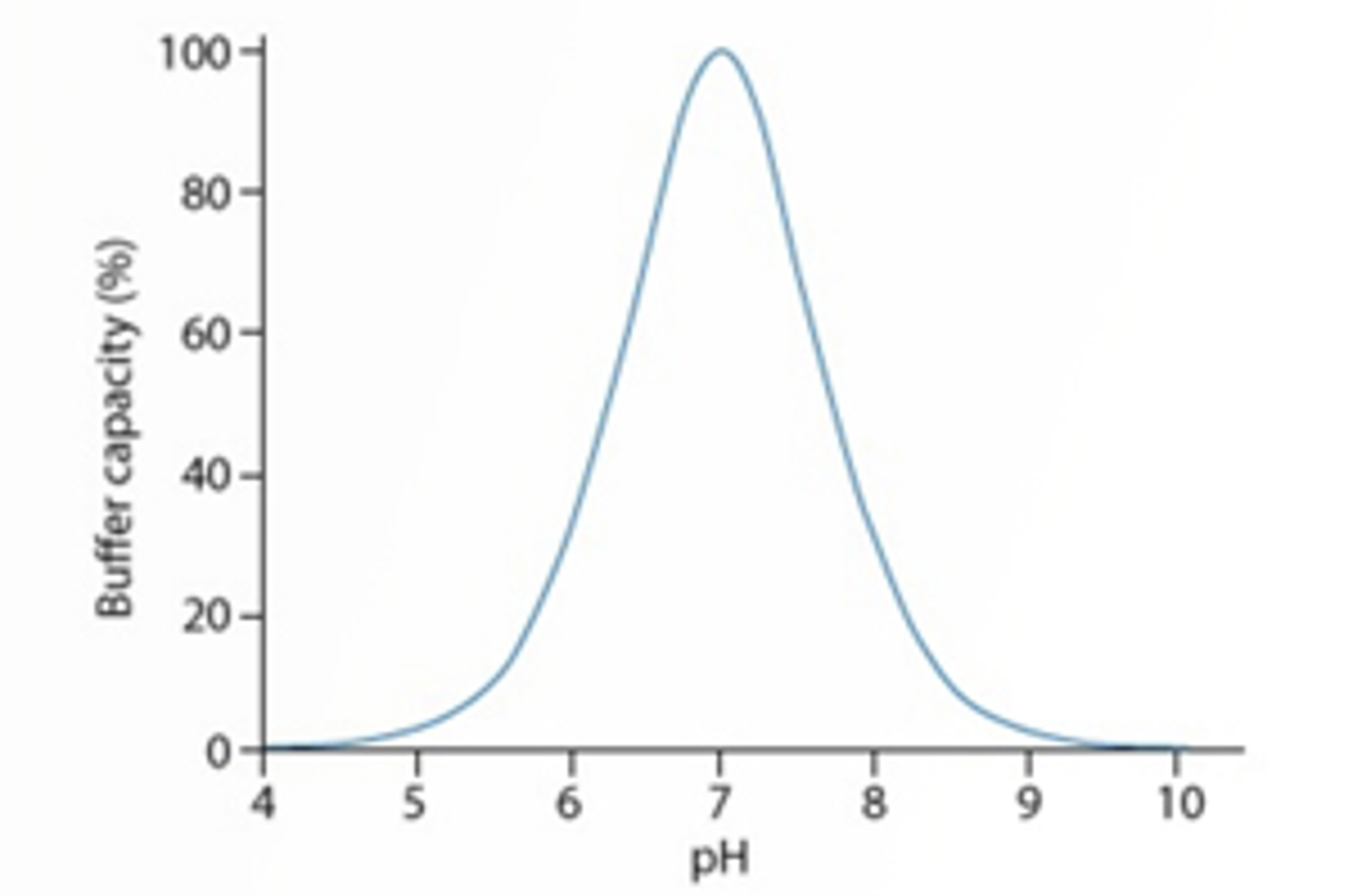
Buffer Choice for HPLC Separations
This quick guide looks at the important topic of buffer choice for HPLC separations; how to the choose the correct buffer type and concentration, as well as how to avoid variability in retention and selectivity.

Ion Pair Chromatography
The aim of this module is to explain the principles of ion pair chromatography and to demonstrate the circumstances under which this approach might be used. We investigate the common reagents used for ion pair chromatography and explain how to choose the appropriate reagents. We also demonstrate the effects of the important parameters associated with ion pair chromatography, concentrating on ion reagent choice and concentration.
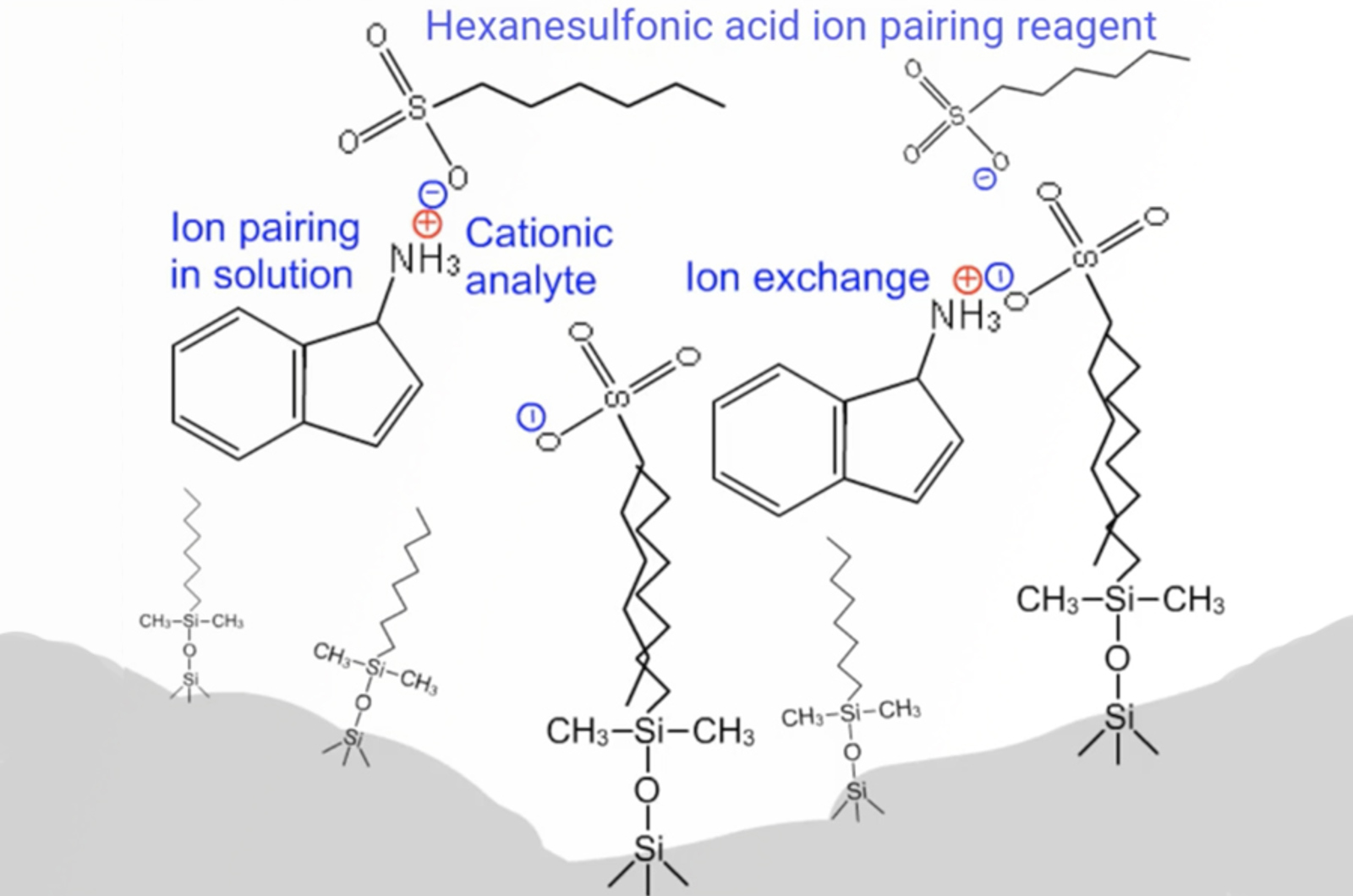
Ion Pair Alternatives
Ion pair reagents are useful to aid in retention and separation of ionizable analytes. However, they add another level of complexity to methods. Here are some alternatives strategies to consider prior to using an ion pair.
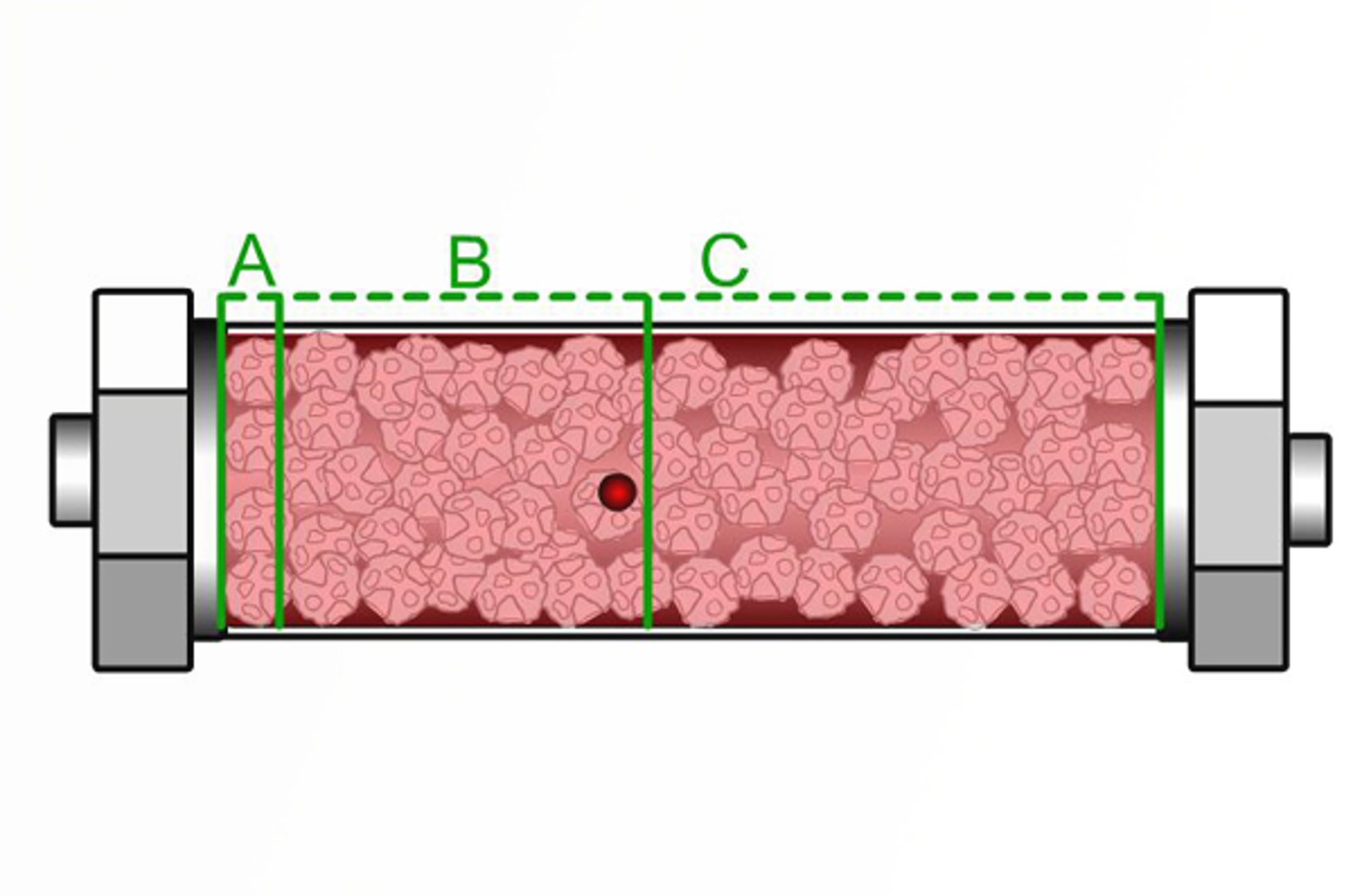
Understanding Gradient HPLC
In this session, our speakers present a definitive guide to using, optimizing and troubleshooting gradient HPLC. The session will consider key topics such as the mechanisms of gradient HPLC versus isocratic elution, developing robust gradient HPLC methods, the dangers of altering column flow or column dimensions without proper gradient scaling and the essentials of troubleshooting gradient issues.

HPLC Essentials - System Dwell Volume
One of the most common problems encountered when transferring a gradient HPLC method between instruments are irreproducible gradients and, therefore, inconsistent chromatographic results. This quick guide will provide you with all you need to know about system dwell volume.

